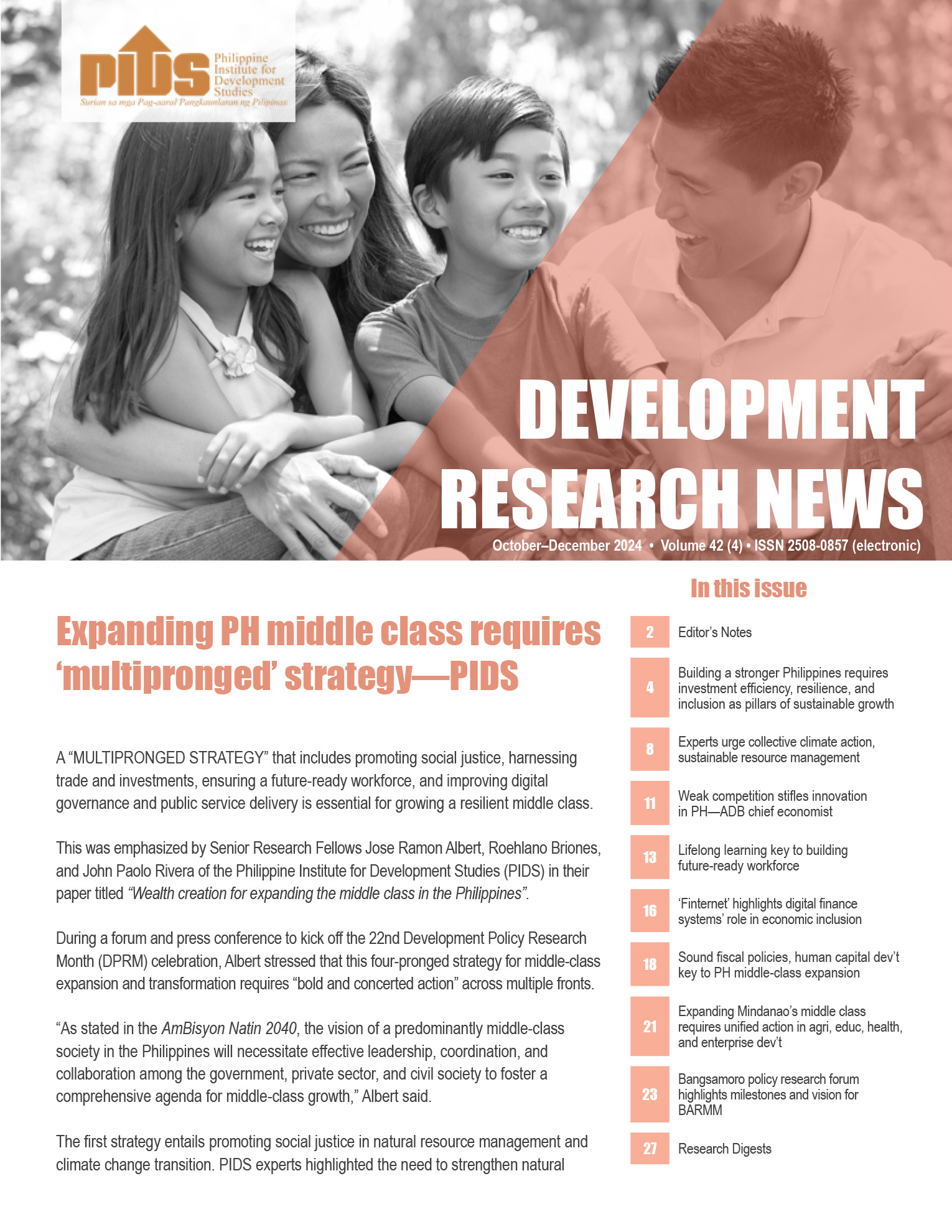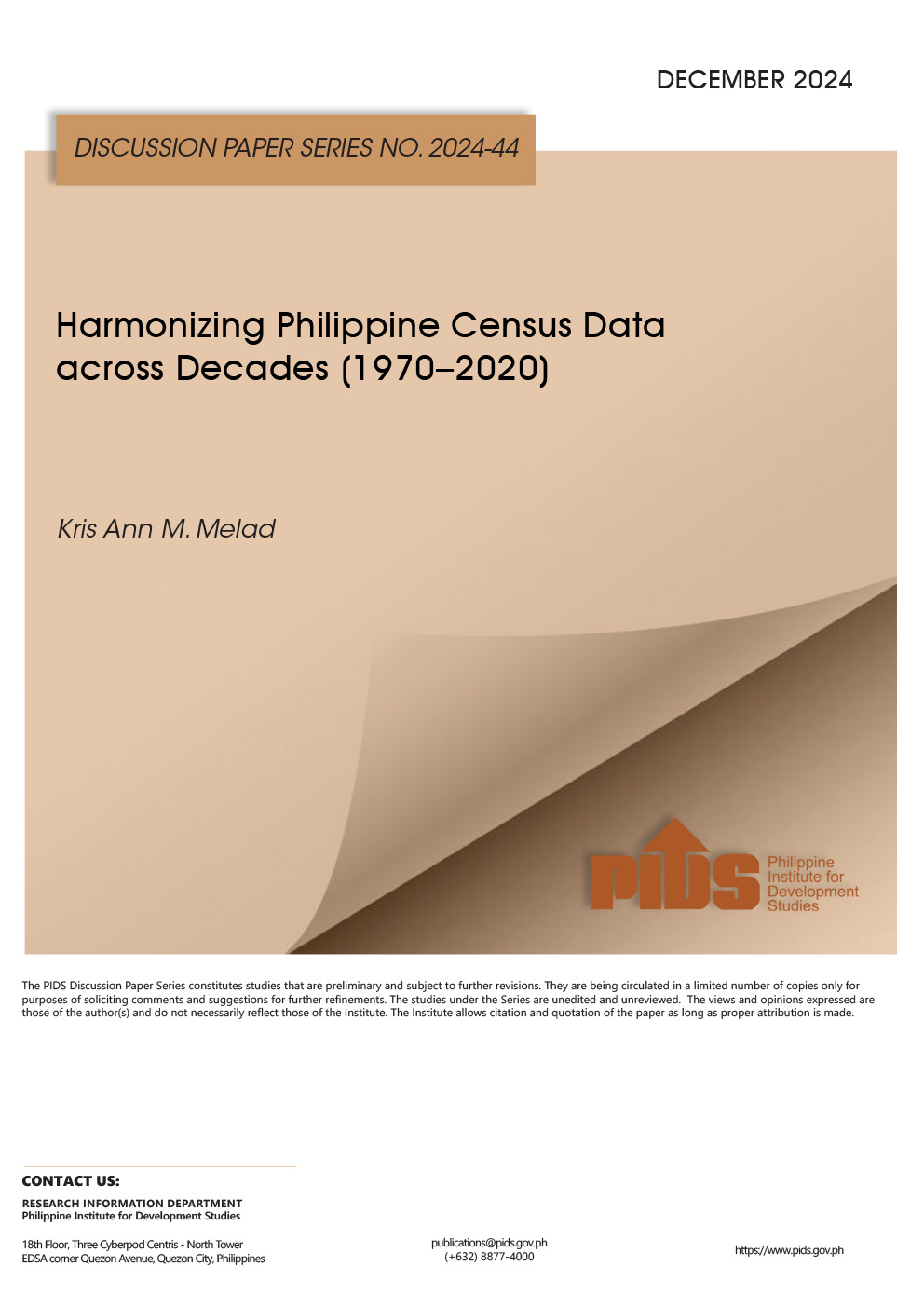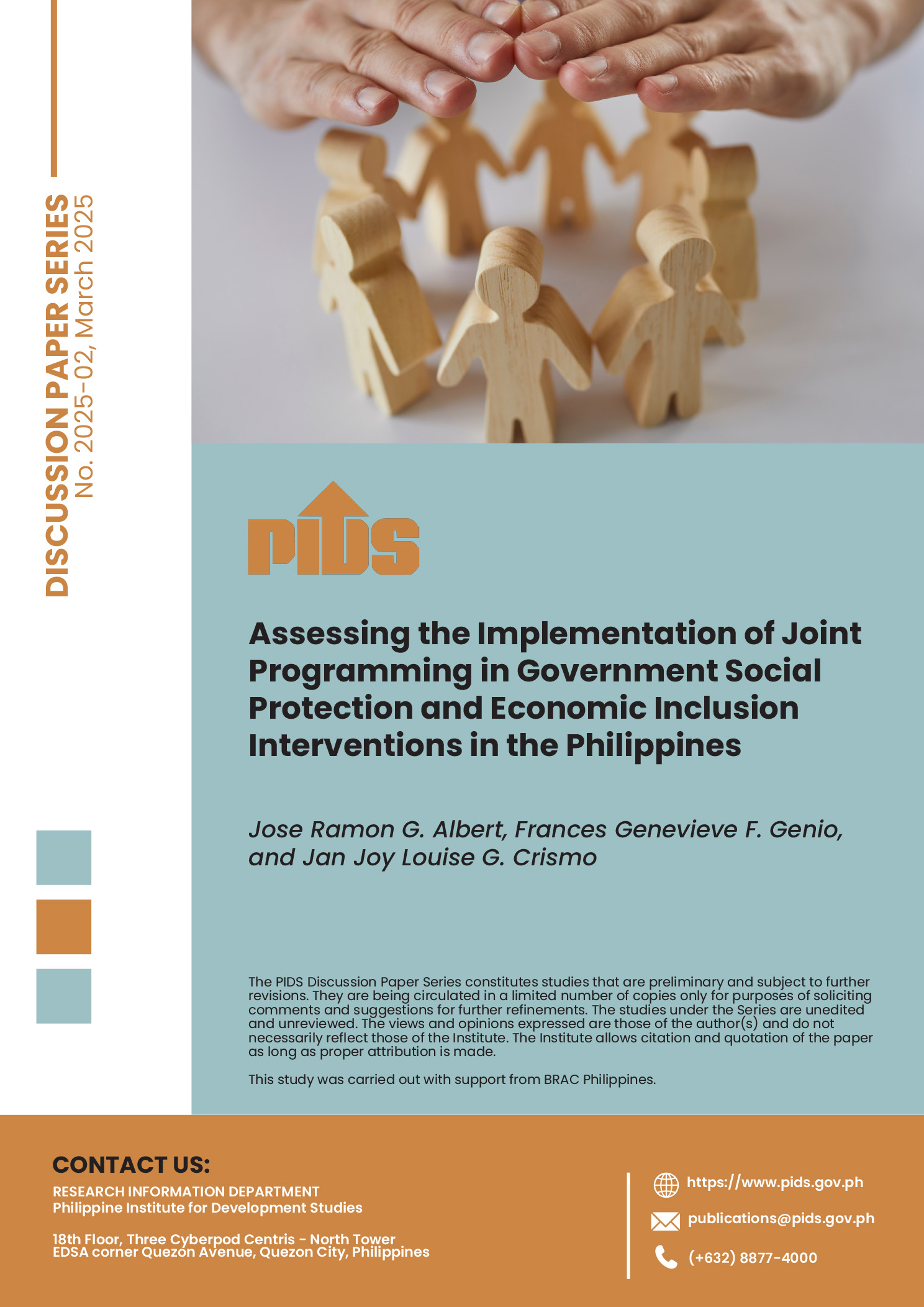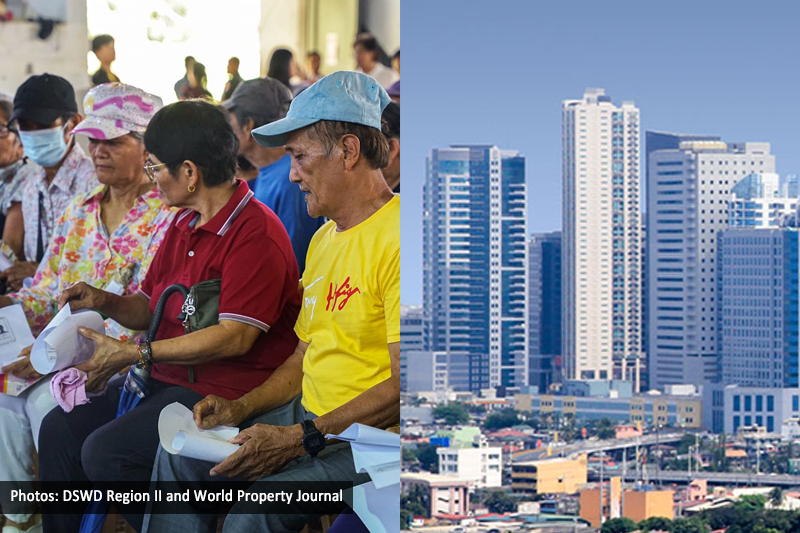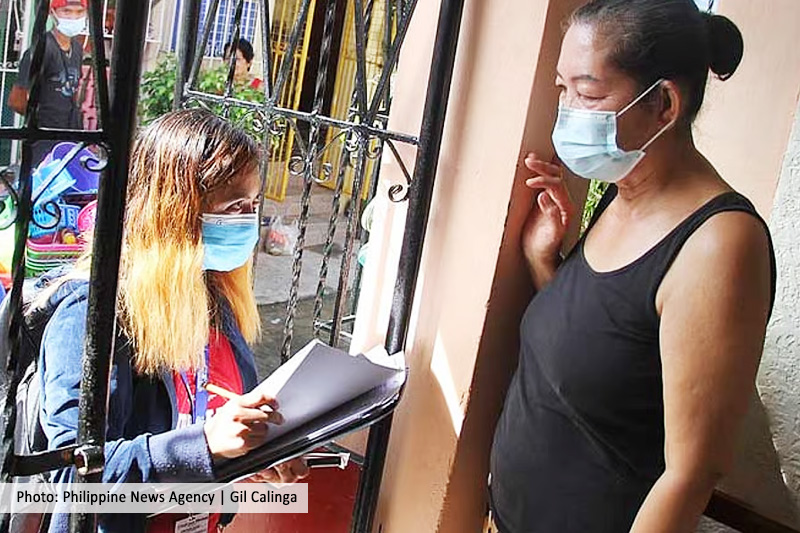Whenever I attend the inaugurations of our new social housing projects in Mindanao, I always find groups of children milling around as if wanting to join the celebration but wary of the adults. I would go to them and ask in Cebuano, “Asa dinha inyong balay (Which one is your house)?” Smiling, they would all proudly answer “Didto (There)!” and simultaneously point to different directions. It never fails: I would smile back, thinking how bright their future will now be.
Balay comes from balai, the Malay word for house, other variations of which include bahay (in Tagalog). Perhaps, balai is also the root of balangai or barangay, which was how our ancestors’ communities were called. Thus, when we say housing is about building communities—not just houses—we are really harking back to the time of the great warrior Lapu-lapu, when our people lived harmoniously as communities and helped one another in times of need, whether it involved raising children or repelling clueless foreign invaders.
Recently, the Housing and Urban Development Coordinating Council (HUDCC) headed by Eduardo del Rosario appropriated the word balai for its tagline “Balai (or Building Adequate, Liveable, Affordable and Inclusive) Filipino Communities.” The new “battle cry” (to use the term of Secretary Del Rosario) aims to establish a unified vision for shelter agencies under the HUDCC’s supervision and bring about a dependable brand of public service. This effort is therefore a good preparation for the impending establishment of a Department of Human Settlements and Urban Development, a move that aims to harmonize the functions of shelter agencies in order to speed up delivery of housing solutions. The House of Representatives has approved on final reading the bill seeking to establish such a department.
Balai is a vision. It is our North Star, our guide. It is the benchmark against which shelter agencies shall now measure their continuing relevance. It is no longer acceptable to churn out concrete houses (that end up unoccupied) just so agencies can have some numerical accomplishment to show. We want communities to actually occupy the units because they find the housing quality responsive to their needs.
Indeed, the “adequate” part of the Balai vision is, by itself, already packed with standards and principles that should guide us in delivering shelter to Filipino communities. Under the International Covenant on Economic, Social and Cultural Rights, the “right to adequate housing” includes not only security of tenure (legal protection against forced evictions) but also availability of services (drinking water, sanitation, electricity) and affordability (housing cost should not be so prohibitive that it compromises a family’s ability to meet other basic needs).
Adequate housing also includes habitability (adequate space, as well as protection against the cold, heat, rain, wind, and such), and good location (ensuring access to employment opportunities, healthcare services and schools). Thus, the Balai concept is consistent with internationally recognized housing principles.
The Social Housing Finance Corporation (SHFC), which is government-operated and -controlled, has been able to achieve many of these ideals through our Flexible, Affordable, Inclusive, Responsive (FAIR) approach, which fits perfectly with the Balai vision. For instance, we ensure affordability through low interest rates and technical subsidies. The subsidies address the findings of a study by the Philippine Institute for Development Studies that expensive transactional costs in housing projects cause the exclusion of the poorest families who cannot afford out-of-pocket expenses such as geodetic engineers’ fees for the preparation of surveys and plans (“Making a greater impact,” Inquirer Business, 5/27/17).
The Balai and FAIR principles consist of very lofty ideals. And they are worth pursuing, if only to guarantee that our children today are raised in resilient communities and grow up to become productive citizens of tomorrow.
Junefe Gilig Payot is vice president for operations of SHFC (Mindanao). A lawyer, he also holds a master’s degree in poverty and development from the University of Manchester (Chevening Scholarship).

